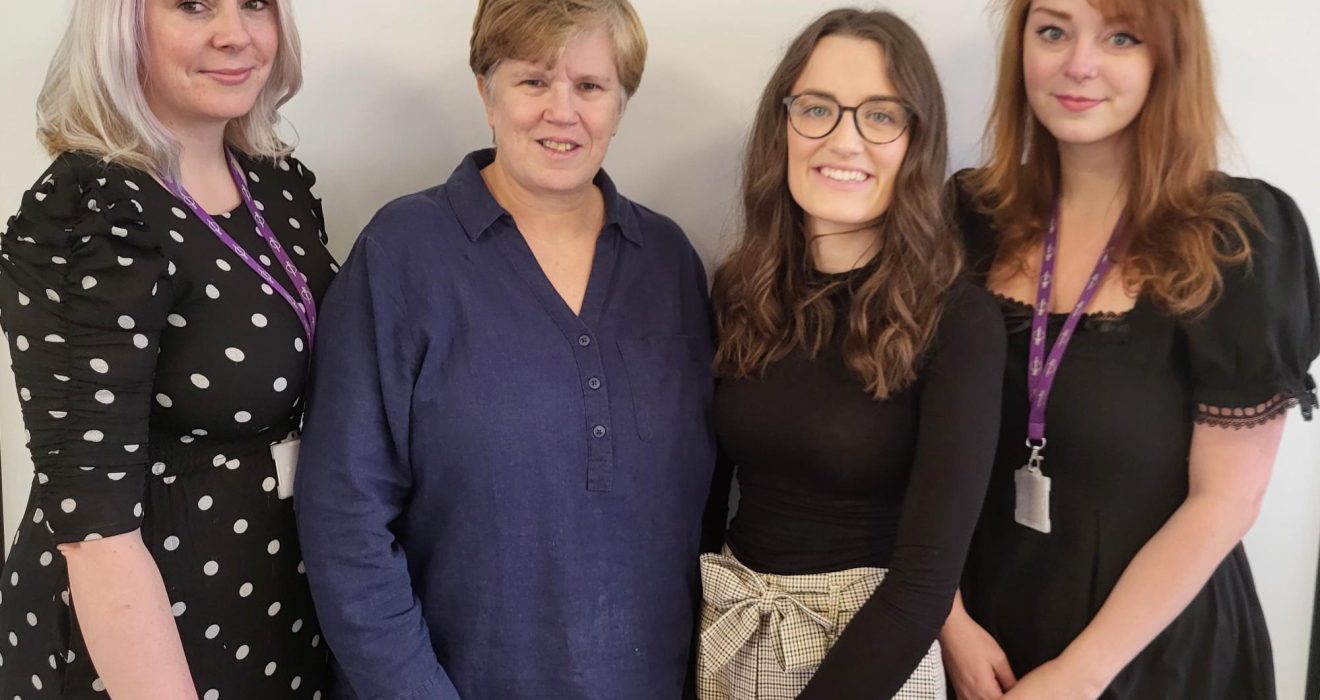Turning Point Scotland’s Positive Behaviour Support (PBS) Team has celebrated one year since it was established to improve the quality of life for people with learning disabilities.
People with learning disabilities or complex needs can often find themselves in situations where they are unable to communicate a need or want. This can lead to them behaving in ways that are unpredictable or judged to be socially unacceptable. The presence of challenging behaviour often means that someone is experiencing a challenging life.
Positive Behaviour Support is a way of exploring what people need, no matter how complex. Its primary goal is not to change the person’s behaviour but to change the way the service is delivered, with a focus on improving the quality of life for people supported by Turning Point Scotland.
Based in Renfrewshire, the team is part of a two-year pilot that began in August 2022, self-funded by Turning Point Scotland.
The team works across six nearby service locations that specialise in learning disabilities, mental health and forensic services.
Turning Point Scotland, Head of Learning Disabilities, Elaine Bradley said:
“In 2020 Turning Point Scotland made the decision to fund a two-year pilot Positive Behaviour Support Team, in order to better support people who have challenging learning disabilities.
Elaine Bradley
“The fundamental purpose of this project is to develop a culture of positive and proactive approaches across the Learning Disabilities and Forensic services. We want to equip our services with a toolkit that encourages peer understanding and support, with an emphasis on debriefing, reflection and problem-solving.”
Turning Point Scotland, PBS Manager Liz Lothian said:
‘‘The first year was really about introducing ourselves to services and implementing the process and plans. As the pilot moves into the second year our team have begun gathering evidence around the effectiveness of PBS after setting these foundations during the first year.’’
Liz Lothian
‘‘We have seen improvements in the confidence of staff and increased levels of activity participation for people we support. The ultimate win due to implementing this model is for the people we support having meaningful improvements in their quality of life but it is also about our staff and their wellbeing.’’

